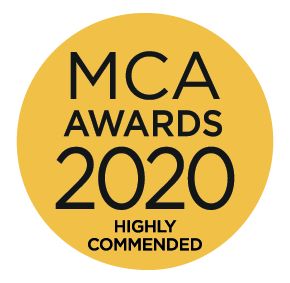 The information age is driving incredible progress at tremendous speed. Artificial intelligence (AI) is enabling us to harness vast amounts of data and make breakthrough advances in areas such as healthcare, agriculture, education and transport.
The information age is driving incredible progress at tremendous speed. Artificial intelligence (AI) is enabling us to harness vast amounts of data and make breakthrough advances in areas such as healthcare, agriculture, education and transport.
But, as digital advances bring us benefits, they also raise a host of complex questions and concerns. How they’ll affect the planet is among those questions, and one we have a limited amount of time to answer given the urgency of climate change and biodiversity loss. Every industrial revolution in history has achieved economic growth at the cost of our planet’s health.
Today’s technological revolution must break that pattern, and for the first time deliver sustainable economic growth.
Combining PwC and Microsoft’s joint expertise in AI, data science, economics and sustainability, we examined how AI could transform and disrupt agriculture, water, energy and transport – to better understand the economic and environmental benefits for people and our planet. Our research found that by 2030, environmental AI applications could:
- boost global GDP by 4.4% – the equivalent of $5.2Tr/year;
- reduce GHG emissions by 4% – equivalent to zeroing out the annual emissions of Australia, Canada and Japan combined; and
- create 38.2m net new jobs – approximately equal to the current UK workforce.
The results of the research have been seen far and wide, it has been featured at several international UN and governmental tech and sustainability events, including the UN General Assembly 2019, UN AI for Good Summit, CogX in London and the WEF Sustainable Impact Summit in New York. We have also been advising various country governments on the potential for AI to support environmental strategies, including the UK, German, Canadian, South African, and Malaysian governments.
We’re already seeing how Artificial Intelligence can help doctors reduce medical mistakes, farmers improve yields, and researchers unlock solutions to protect our planet. We hope our work will continue to spark increased efforts to help make the fourth industrial revolution the first one to deliver a better future for both society and our environment.
We feel the report is just the first step in building a case for deeper exploration of how AI can create a more sustainable future. There are many additional sectors to examine and areas to explore, and we hope the research inspires others to conduct similar work.
View the PwC profile in the MCA Members Directory.

